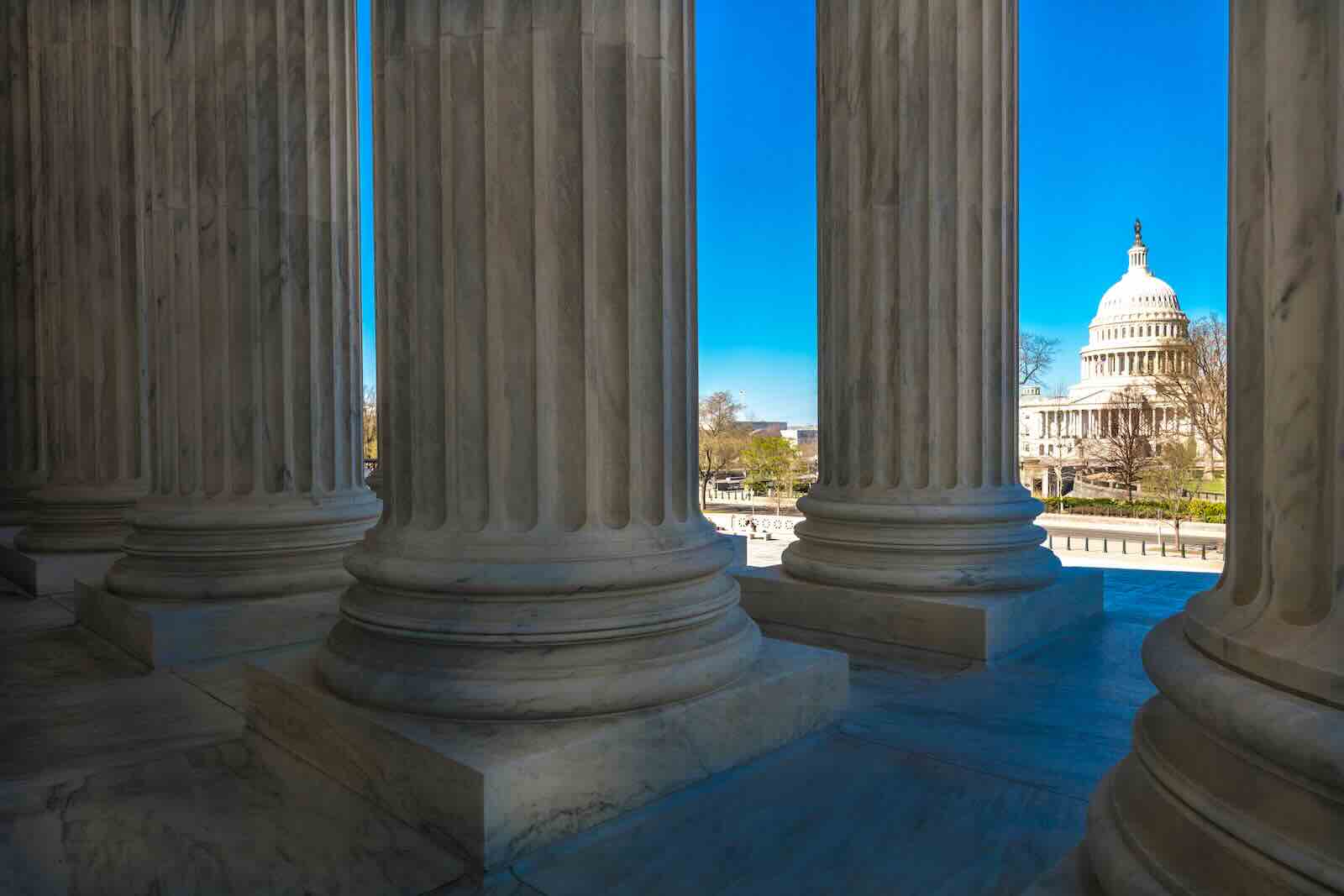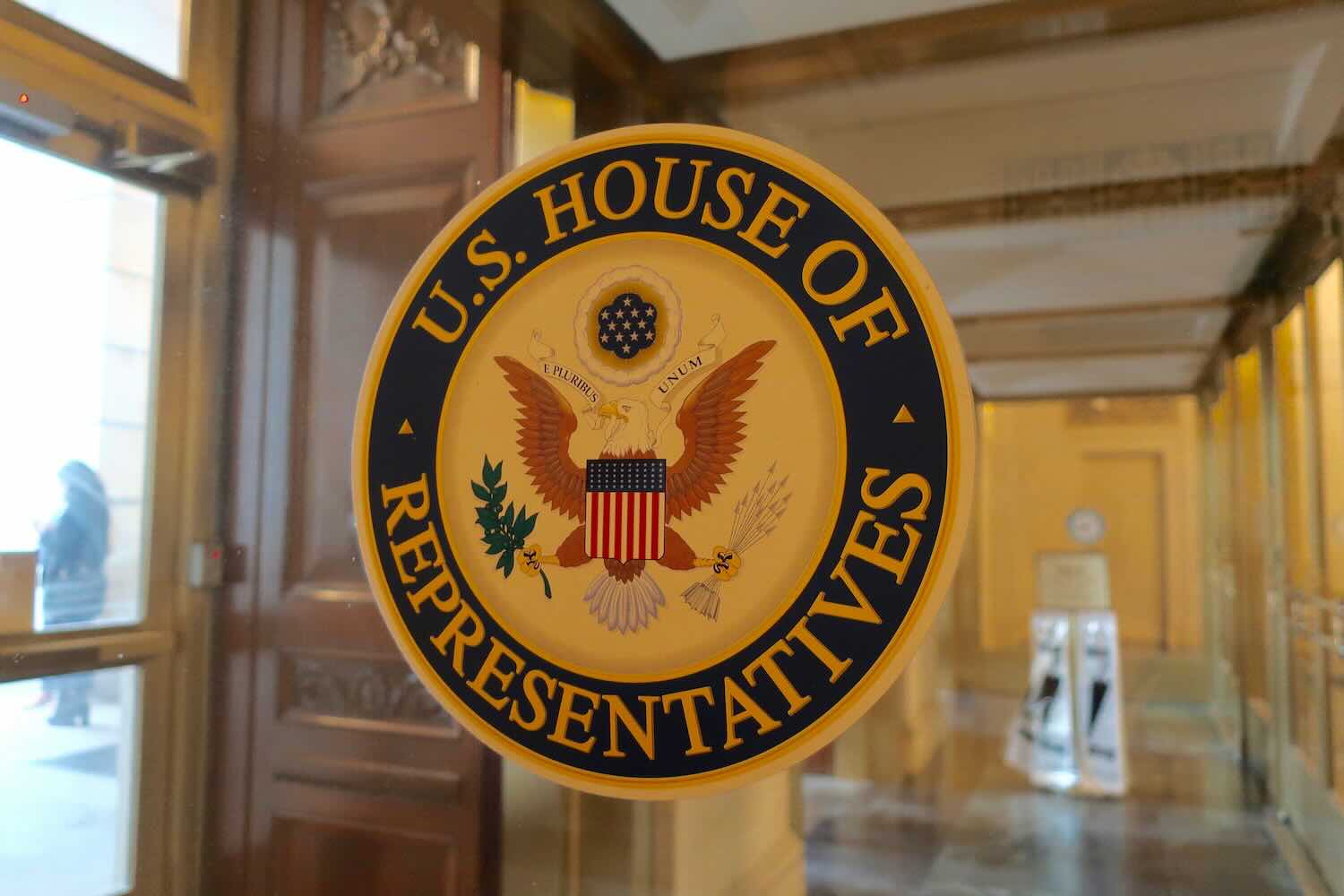Impact investors in the US for several years have been able to crowd in behind aligned public policies, banking on pushes from the federal government to complement the pull of market forces.
In a series of rulings last week, the Supreme Court threatened the Biden administration’s climate and social justice agenda just as it has started to deliver results. The rulings upend long held principles governing the inner workings of government and transfer more power to the courts,
“They represent an attack on corporate accountability and consumer welfare, given that the federal agencies likely to be implicated are responsible for keeping our food safe, our water and air clean, and our roads and bridges open,” Fran Seegull of the US Impact Investing Alliance told ImpactAlpha. “This is a strike against efficient, fair policymaking and a resilient, competitive U.S. economy.”
In one high-profile case, Loper Bright Enterprises v. Raimondo, the court reversed 40 years of precedent and effectively transferred power to implement laws passed by Congress from experts in federal agencies to judges with little subject area knowledge. The majority overturned the so-called “Chevron deference,” which had held that federal agencies are best equipped to interpret and make such rules. That opens the door to legal challenges to regulations from worker safety to public health to environmental protection.
The decision will open up all sorts of laws to legal challenges and likely tip the scales for a number of lawsuits already underway involving the Environmental Protection Agency rules to cut emissions from power plants, cars, and heavy duty vehicles; an Interior Department rule addressing methane emissions from oil and gas leaks and flaring; and the Securities and Exchange Commission’s new rule mandating corporate disclosure of material climate risks.
Also at risk: the Treasury Department’s handling of Inflation Reduction Act tax credits for clean tech.
Dismantling ‘the administrative state’
Conservative funder Charles Koch’s Alliance for Prosperity backed the fishermen who challenged federal rules that put observers on boats to combat overfishing, giving the court the chance to undermine the Chevron doctrine. Conservative activists have sought to systematically dismantle what they call “the administrative state.”
It “is impossible to pretend that today’s decision is a one-off, in either its treatment of agencies or its treatment of precedent,” Justice Elena Kagan wrote in her dissent. “This very term presents yet another example of the Court’s resolve to roll back agency authority, despite congressional direction to the contrary.”
In another ruling last week, SEC vs. Jarkes, the SCOTUS majority further clipped the enforcement abilities of federal agencies.
The court decisions could lead to regulatory instability and uncertainty for investors and businesses. “The rulings imperil the ability of the government to respond to critical public needs,” said Fran Seegull of the US Impact Investing Alliance.
The Chevron decision, added the Interfaith Center on Corporate Responsibility’s Josh Zinner, “will likely embolden special interests and industry trade associations to challenge a vast array of critical rules and regulations and ensure that policy and ideological preferences on the part of judges will play a far greater role in deciding regulatory cases.”












